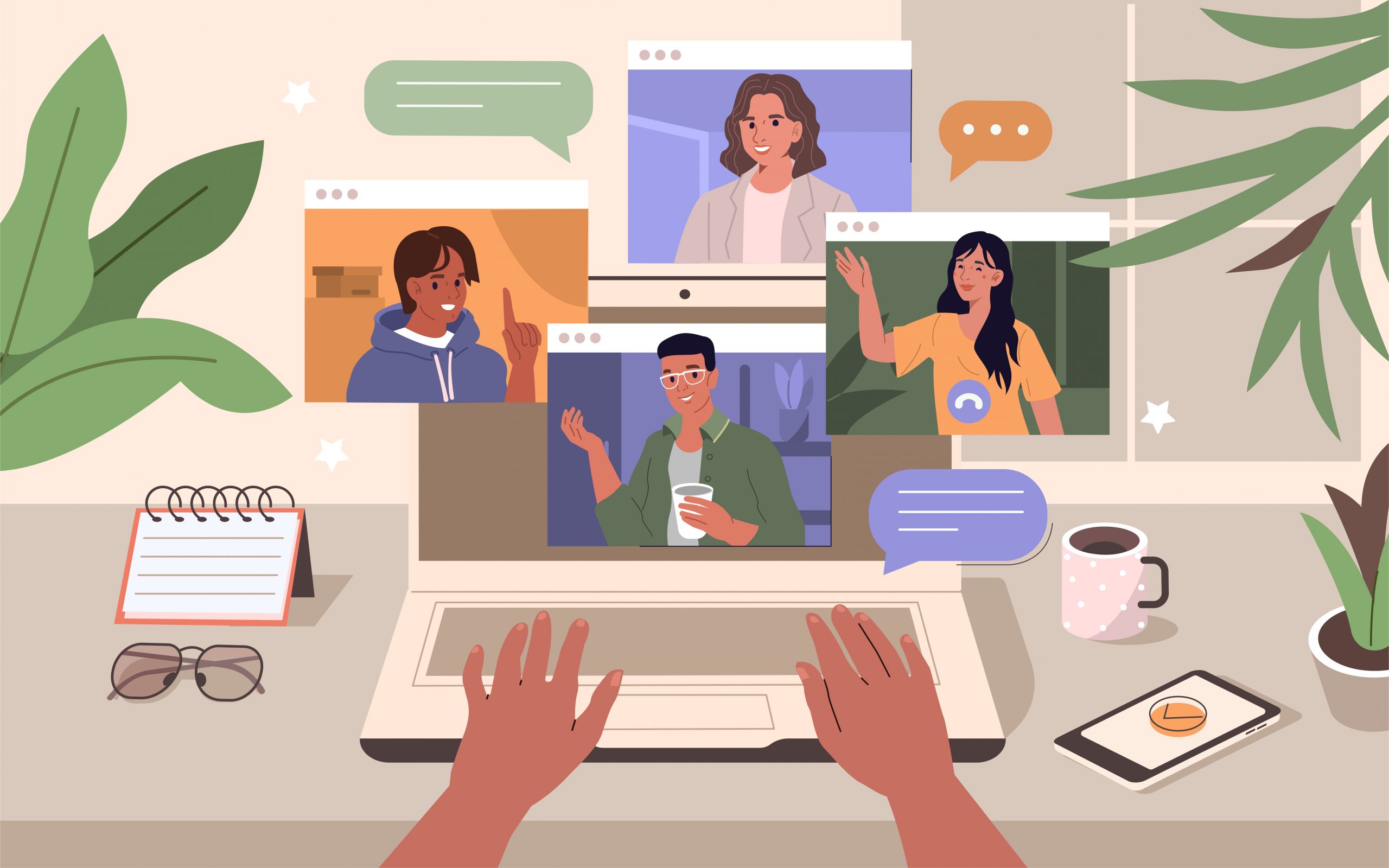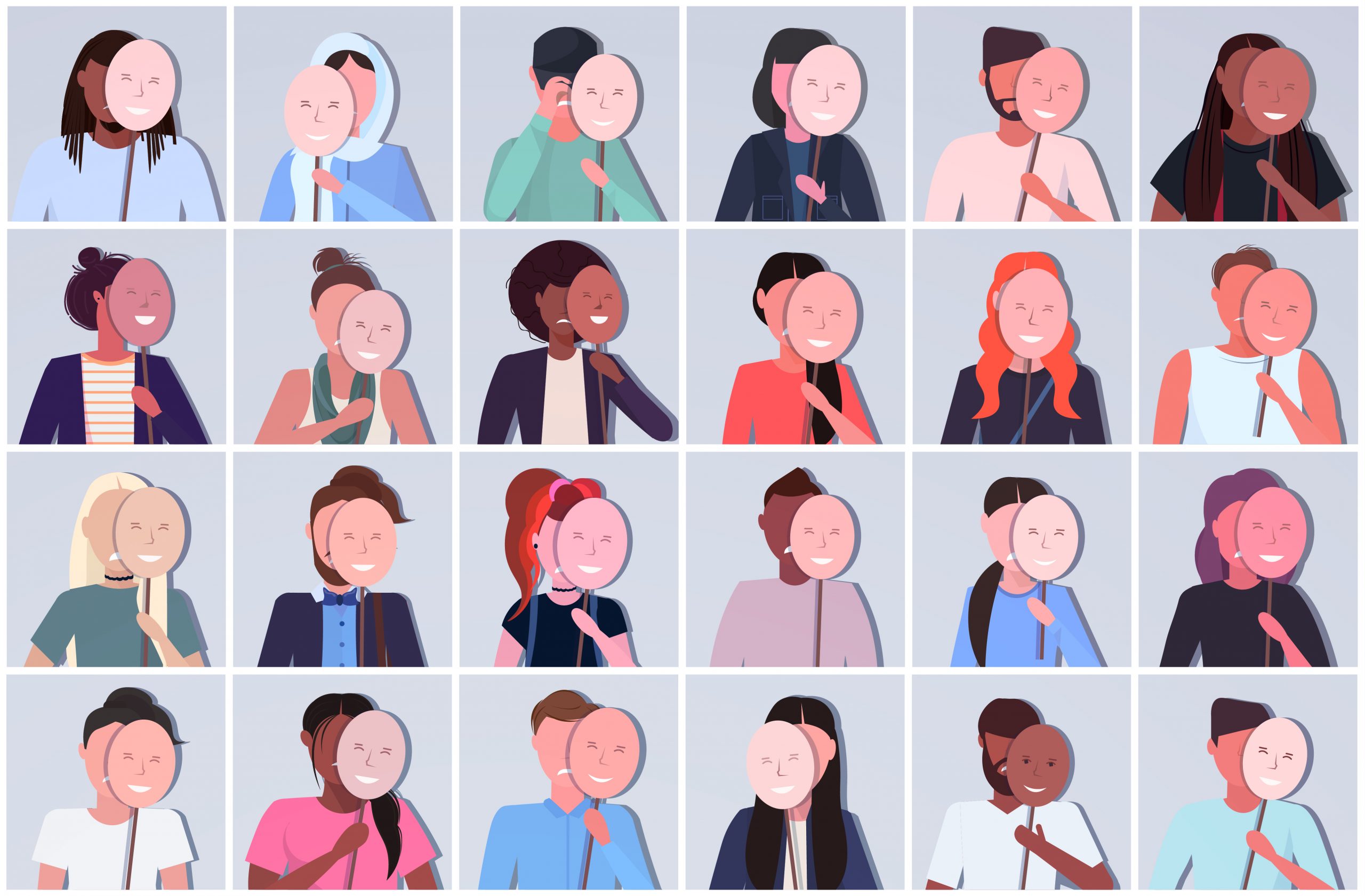By Chris Weller and David Rock Imagine you’re the CEO of a company. You just hired 100 new managers whose only job is to walk around the office and pop...
Read More →

FEATURED INSIGHT
By Chris Weller and David Rock Imagine you’re the CEO of a company. You just hired 100 new managers whose only job is to walk around the office and pop...
Read More →
To perform at our best, our brains need rest — but downtime isn’t what we think.

If you think your brain has become more foggy in the past year, you’re not alone. Research shows the pandemic has given us all a bit more cog fog. Here’s how to conquer it.

One soft skill has a place on the battlefield, the boardroom, the breakroom, and the Zoom room. Immerse yourself in stories that illustrate the benefits of compassion in any setting.

Much is made about “Zoom fatigue” and the loss of innovation in a platform-centric workplace. But before we accept these narratives as fact, let’s examine some of the upsides—and how best to leverage them.

Decades of research show that feigning positive emotions at work can have a positive impact on a person’s career aspirations. But beneath the veneer of positivity, what dangers lurk for organizations who only see what’s on the surface for their employees?

Join millions of employees in creating culture change at scale by reaching out today.

In 2007, David and Lisa Rock and their team had been working in leadership development and executive coaching for ten years, when David coined the term “NeuroLeadership.”ef

North America
Africa
South America
Asia
Europe
Australia
© NeuroLeadership Institute 2025. All Rights Reserved
This site uses cookies to provide you with a personalized browsing experience. By using this site you agree to our use of cookies as explained in our Privacy Policy. Please read our Privacy Policy for more information.